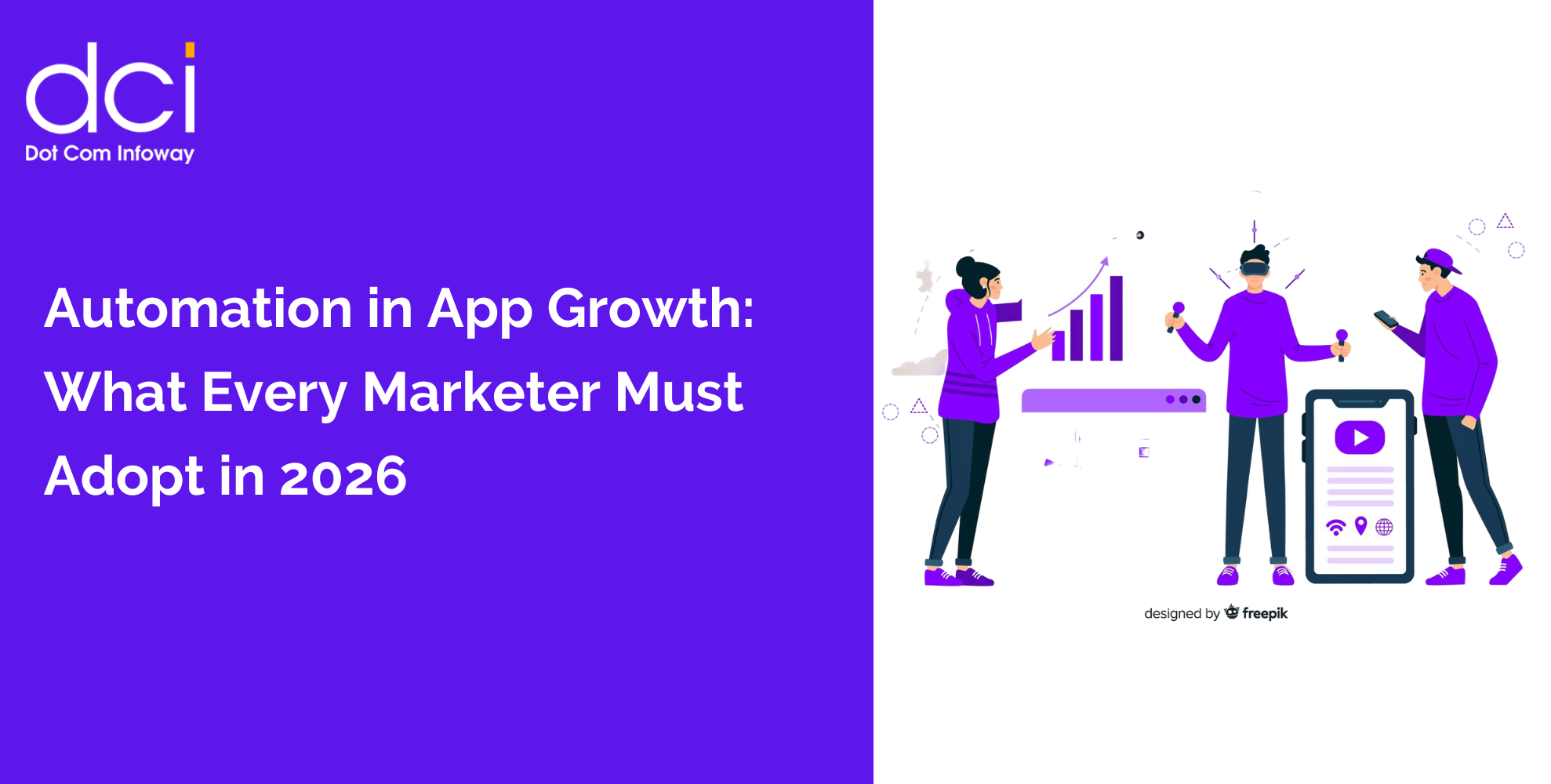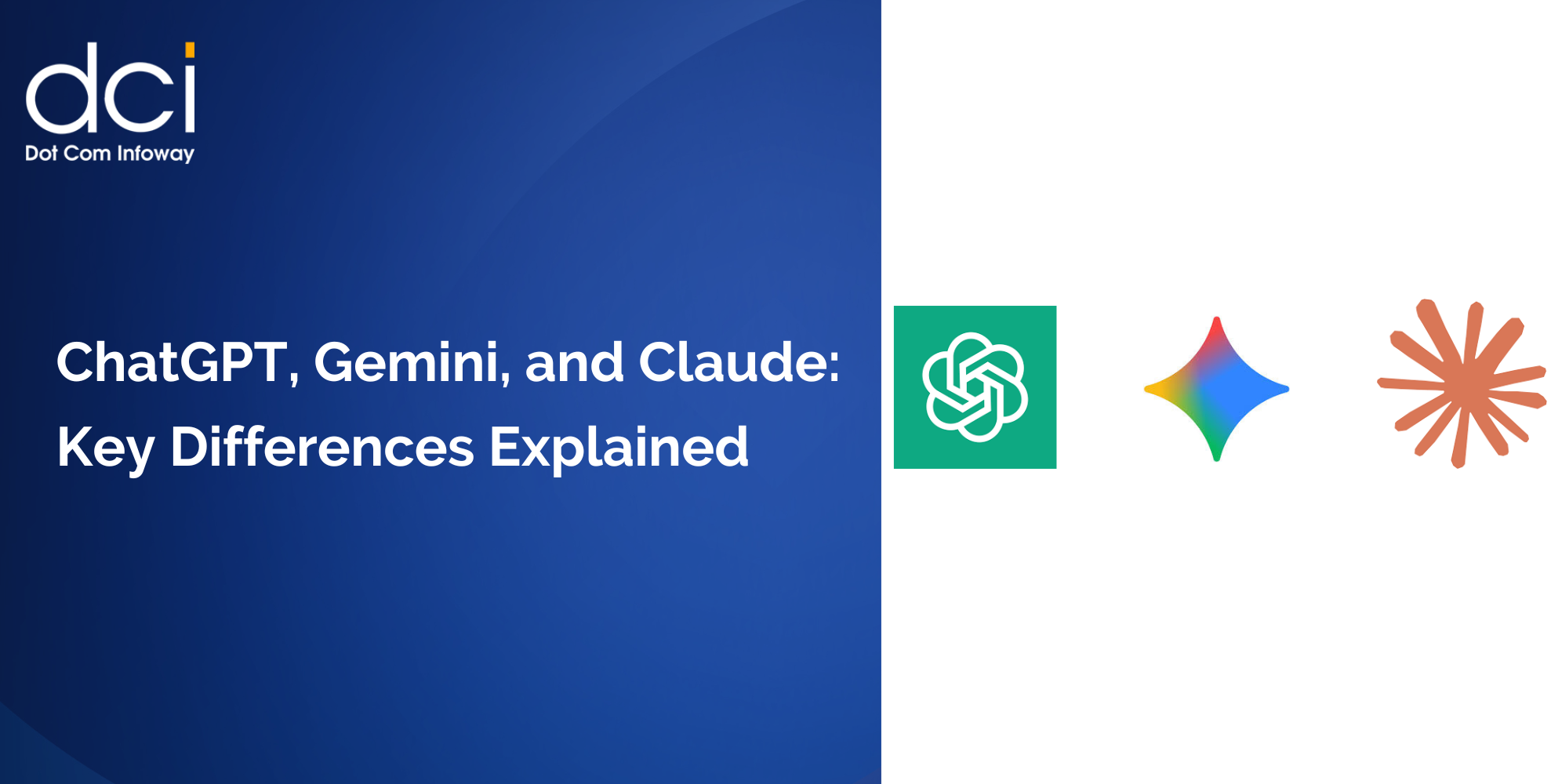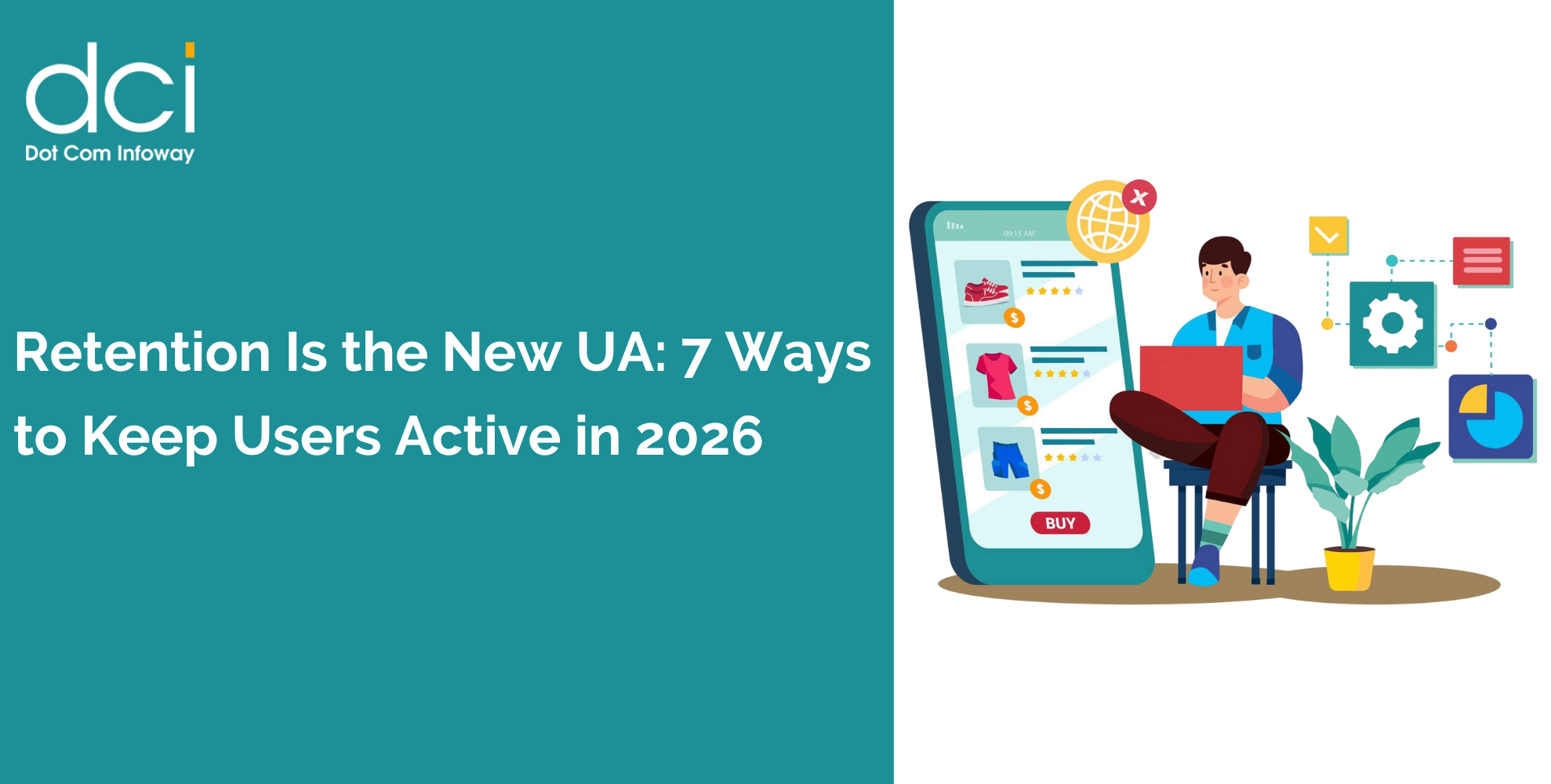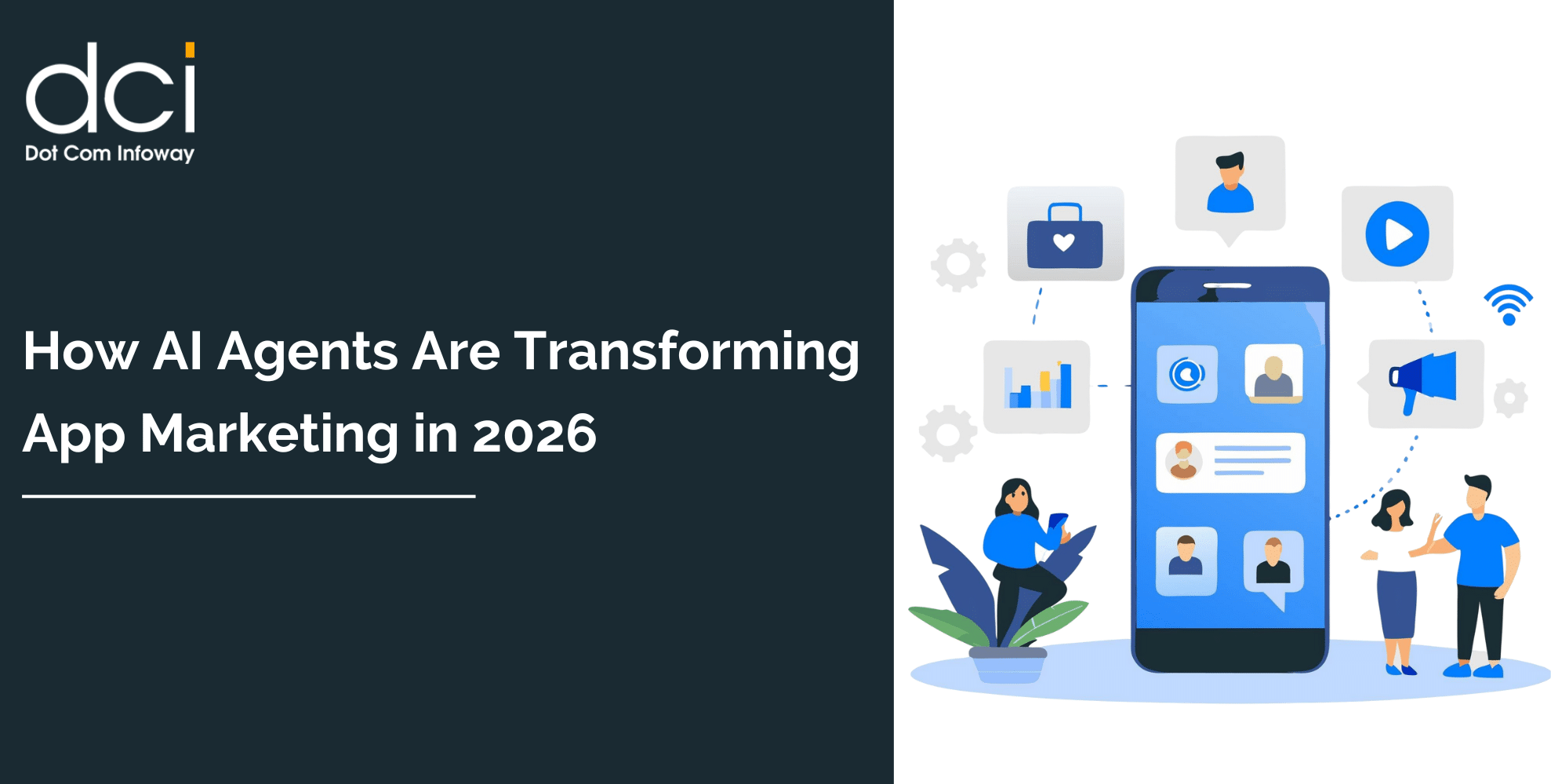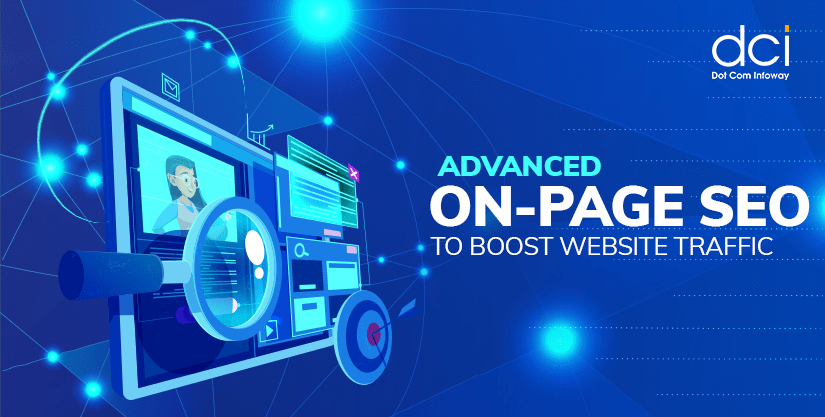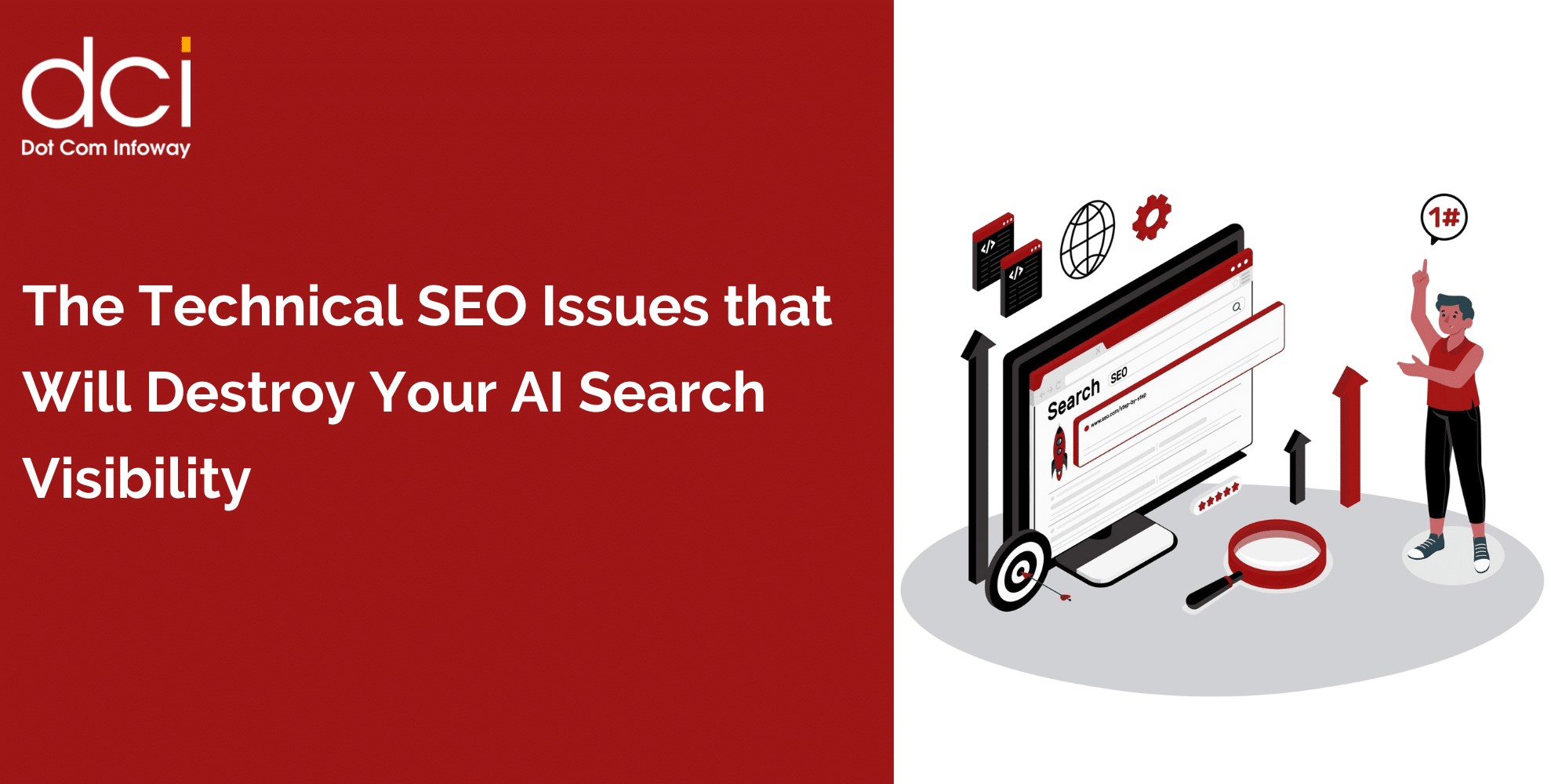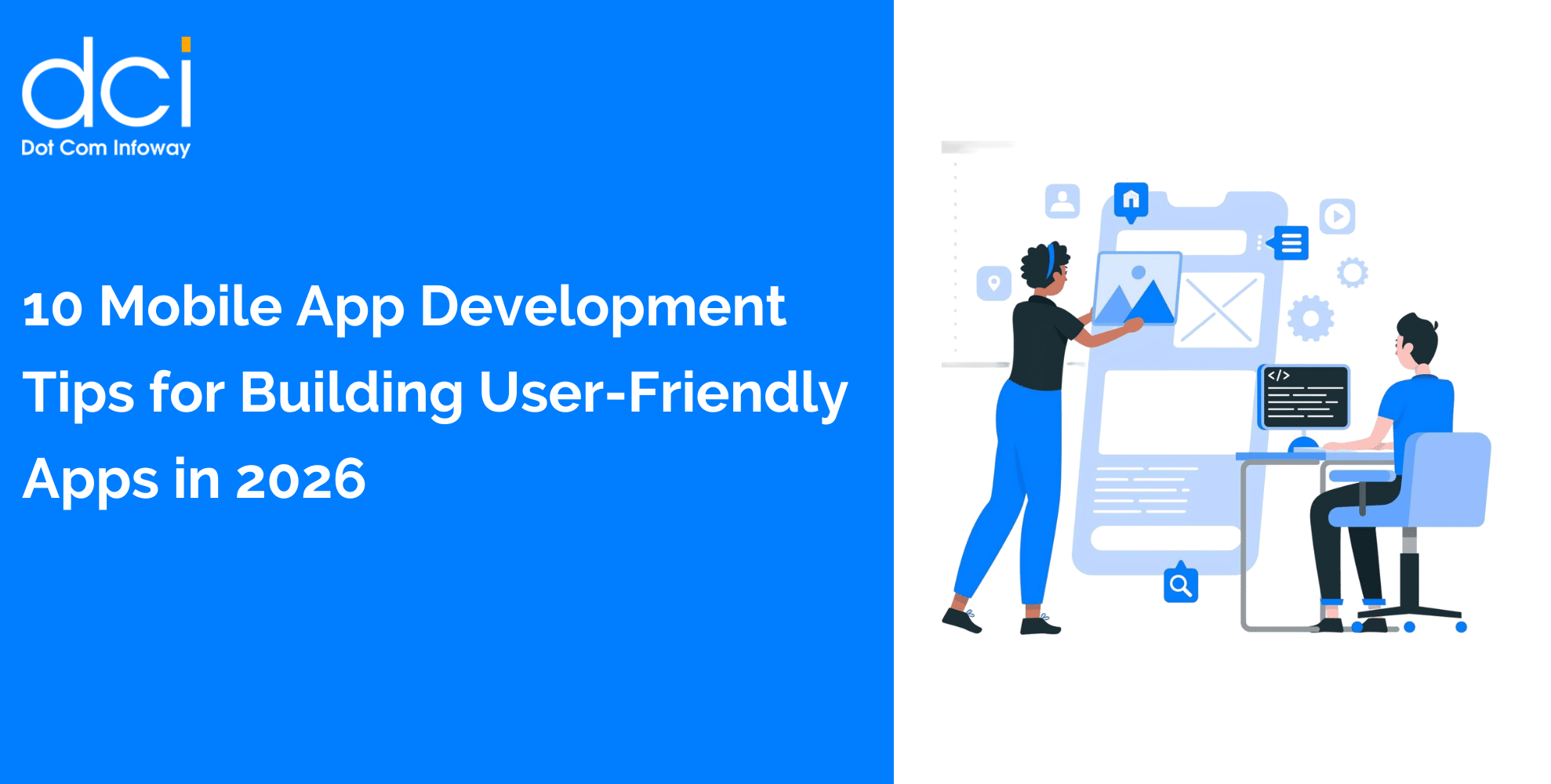How to Run a Successful Event Marketing Campaign
6 mins read
There is just too much information and content today. Online searchers are experiencing content fatigue. In a world with too much digital noise, event marketing offers some refreshing “relief.” A successful event marketing campaign presents a highly effective method of connecting with your target audience. It is a growing trend. Predictions indicate there will be 3.2 million annual events globally by 2020.
You have already decided event marketing is something you want to do. Moreover, you want results. Below are strategies to ensure your campaign becomes a success:
Create SMART Goals
SMART is an acronym for Specific, Measurable, Achievable, Results-oriented, and Timely goals. You need to engage your team as you create these goals; after all, they are the people to make it all happen. Set specific goals. Be crystal clear on what you want to achieve. Being specific helps every member of the team to be on the same page.
Goals need to be measurable, too. Come up with a way to assess your campaign’s performance. While your goals should be big, people should feel they are realistic and achievable. You need to ask yourself how each of the campaign’s objectives affects the outcome. Finally, set deadlines; this ensures that everything takes place when it should.
Develop Appropriate Return on Investment (ROI) Metrics
You need to define various metrics by which you will measure each goal. How do you know that the results justify the marketing expenditure? There are different ways to measure goals, but you want to use appropriate and accurate methods. There could be multiple ways to measure a particular goal, however.
Your goal, for instance, could be to Drive Sales Revenue. The event’s goals, in this case, might be: Generate Leads, Generate Pipeline Value and Increase Registrations. So what metrics will you use? Your ROI metrics might be the Number of Accounts Added to the Database, Dollar Value of Pipeline Created and the total number of Registrations.
Choose a Suitable Event Attribution Model
Your company has been running other marketing campaigns alongside the event marketing campaign. So how do you know that customer actions occurring at the conclusion of the event are a direct result of the event marketing efforts? There are various attribution models you can use for a better understanding of the impact of your event marketing campaign. The W-shaped attribution model is one of the most accurate models you can use.
The method considers the various marketing initiatives and touches points that led a customer to make a buying decision. The customer may have visited your blog, attended a webinar, attended the actual event or was a conversion from your e-book. The W-shaped model tracks all these touch points and attributes the credit accordingly. For example, it may attribute 25 percent to your blog, 20 percent to the ebook, 20 percent to the webinar and 35 percent to the event.
Get Sponsors
You want a large scale event, right? You may want to secure a few sponsorships, but this may not be easy. You need to start reaching out to sponsors as early as possible. When preparing the package for the prospective sponsors, ask yourself: what is in it for them?
Potential sponsors are also interested in ROI. So give them a reason to support your campaign. Will the sponsor’s website get more traffic from visitors as a result of the coming event? Maybe they will secure sales leads? Could your event somewhat improve the sponsor’s visibility on social media? Answering these questions will help you get it right when seeking sponsorships.
Book the Right Venue
Booking the right venue for the event is one of the most critical arrangements you need to take care of in the early stages of your event planning. If you are looking to have many attendees, book a venue large enough to accommodate everyone.
Before you go out and secure the place, review your goals. Do you want your attendees to interact and get to know one another? If that is what you want, you need to secure ample space that allows people to mingle and network. You may also book a venue with several small meeting rooms where your attendees can freely network and connect with others.
Pay attention to critical considerations such as lighting, too. Lest you forget: how easy will it be for the participants to access the meeting place? Let your goals guide you as you search for the most suitable venue for the event.
Develop an Effective Website and a Social Media Strategy
You want as many people as possible to know about your event, right? You need to come up with an effective social media campaign that creates advance buzz around the event. Find a way to encourage the social media community to “evangelise” on the approaching event.
You can, for example, reward those who get the highest number of likes or tweets. Such a campaign should create anticipation; you want members feeling they cannot wait to meet in person those they have interacted with on the various platforms.
Your posts should have links that lead people to an easy to use event website. The site should be attractive, and visitors should find it easy to register for the event.
Capitalize on the Event
The day has arrived at last, and hundreds have shown up. Ensure on-site registration happens smoothly. You should have developed an event application already. Your app may have capabilities such as networking, session registration and real-time polling. You want to have the attendees fully engaged with the event’s content.
Collect as much data as you can. You can even conduct real-time surveys during the event. Ask the attendees how they feel about it as the event continues and after it ends. All this data will help you as you sit to analyse the performance of your campaign.
Managing an event marketing campaign may be quite involving. You should define your goals and devise strategies to achieve them. Measure the campaign’s results to ascertain the ROI. A successful event marketing campaign does not just happen; careful planning and support from all stakeholders are critical.
Latest Posts
Get the latest insights from Dot Com Infoway straight to your inbox.






![The Game Marketing Guide: Pre and Post-Launch Strategies [Infographic]](https://www.dotcominfoway.com/wp-content/uploads/2023/09/DCI-Game-Marketing-blog-1.jpg)

